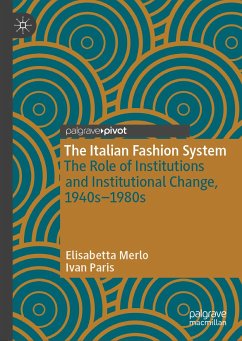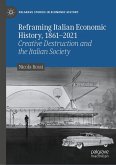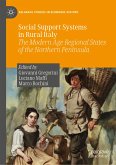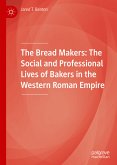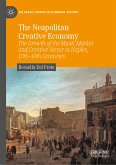Starting from the premise that institutions play a central role in explaining the peculiarity and development of the Italian fashion system, this book analyses the diverse institutional entities involved in supporting and promoting Italian fashion. The objective is twofold: to highlight, with a comparative approach, the distinctly polycentric nature of Italian fashion and to explain the emergence of the stylist as the outcome of a lengthy process of institutional change.
The book explores the role that institutions and institutional actors have played in making Italian fashion a key player into the world economy, enriching the existing interpretative framework through unique interdisciplinary analysis. This book will be of interest to researchers and students working in economic and business history, the history of fashion, and cultural studies.
Elisabetta Merlo is Associate Professor of Economic History at Bocconi University (Milan, Italy), Department of Social and Political Sciences. Her research interests focus on the business history of fashion and the history of textile, clothing, and fashion industries. Her main publications include articles in Business History, Business History Review, Enterprise and Society, Journal of Consumer Culture, Fashion Theory, and Journal of Modern Italian Studies.
Ivan Paris is Full Professor of Economic History at the University of Brescia (Brescia, Italy), Department of Economics and Management. His research interests focus on the history of technology, the history of Made in Italy, the business history of fashion and the Italian Fashion System. His main publications include articles in Enterprise and Society, Journal of Interdisciplinary History, Technology and Culture, History and Technology, European Review of History, and Journal of Modern Italian Studies.
Dieser Download kann aus rechtlichen Gründen nur mit Rechnungsadresse in A, B, BG, CY, CZ, D, DK, EW, E, FIN, F, GR, HR, H, IRL, I, LT, L, LR, M, NL, PL, P, R, S, SLO, SK ausgeliefert werden.
Hinweis: Dieser Artikel kann nur an eine deutsche Lieferadresse ausgeliefert werden.

